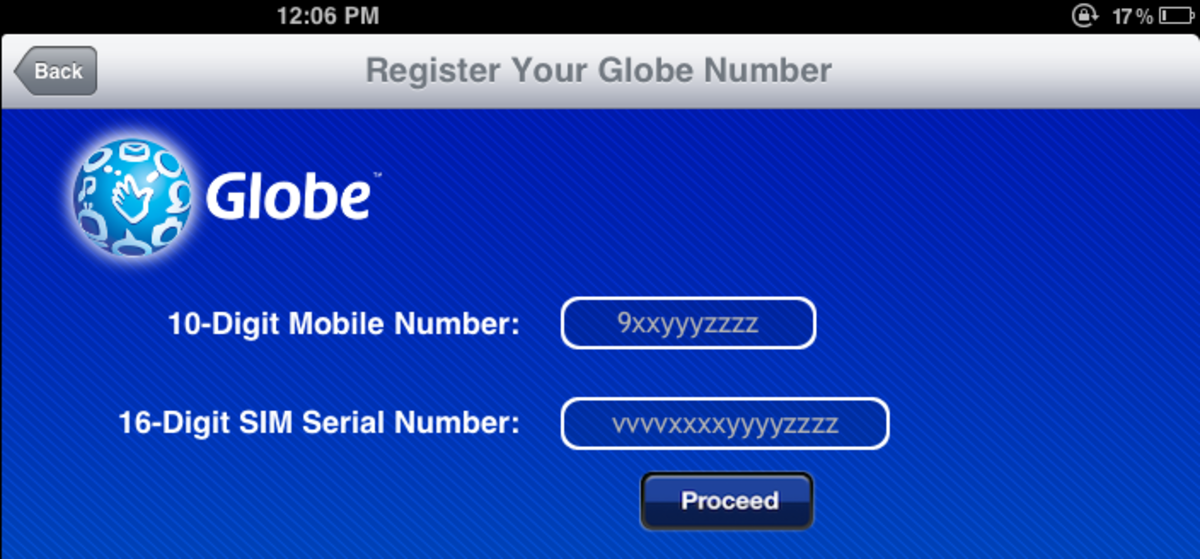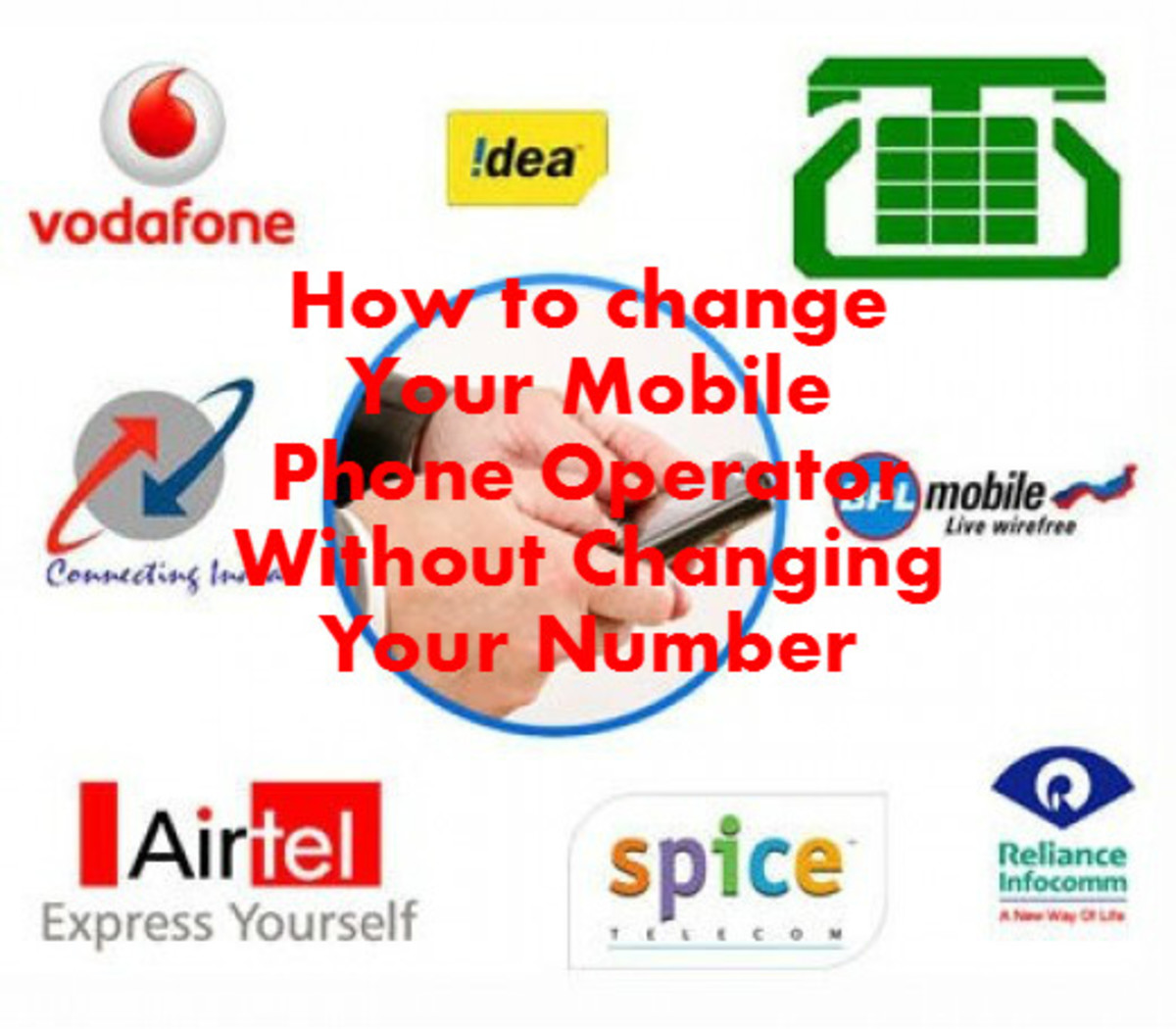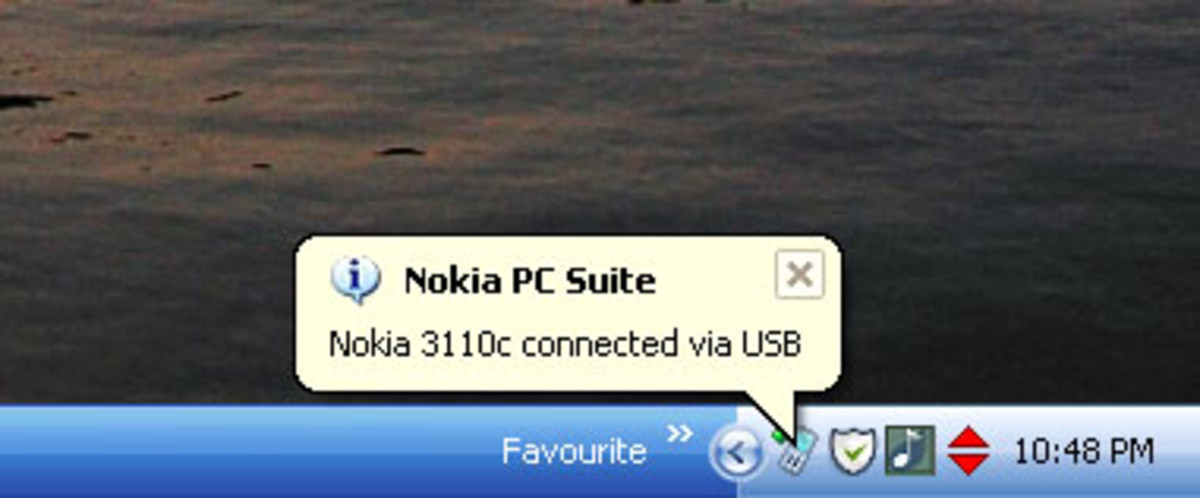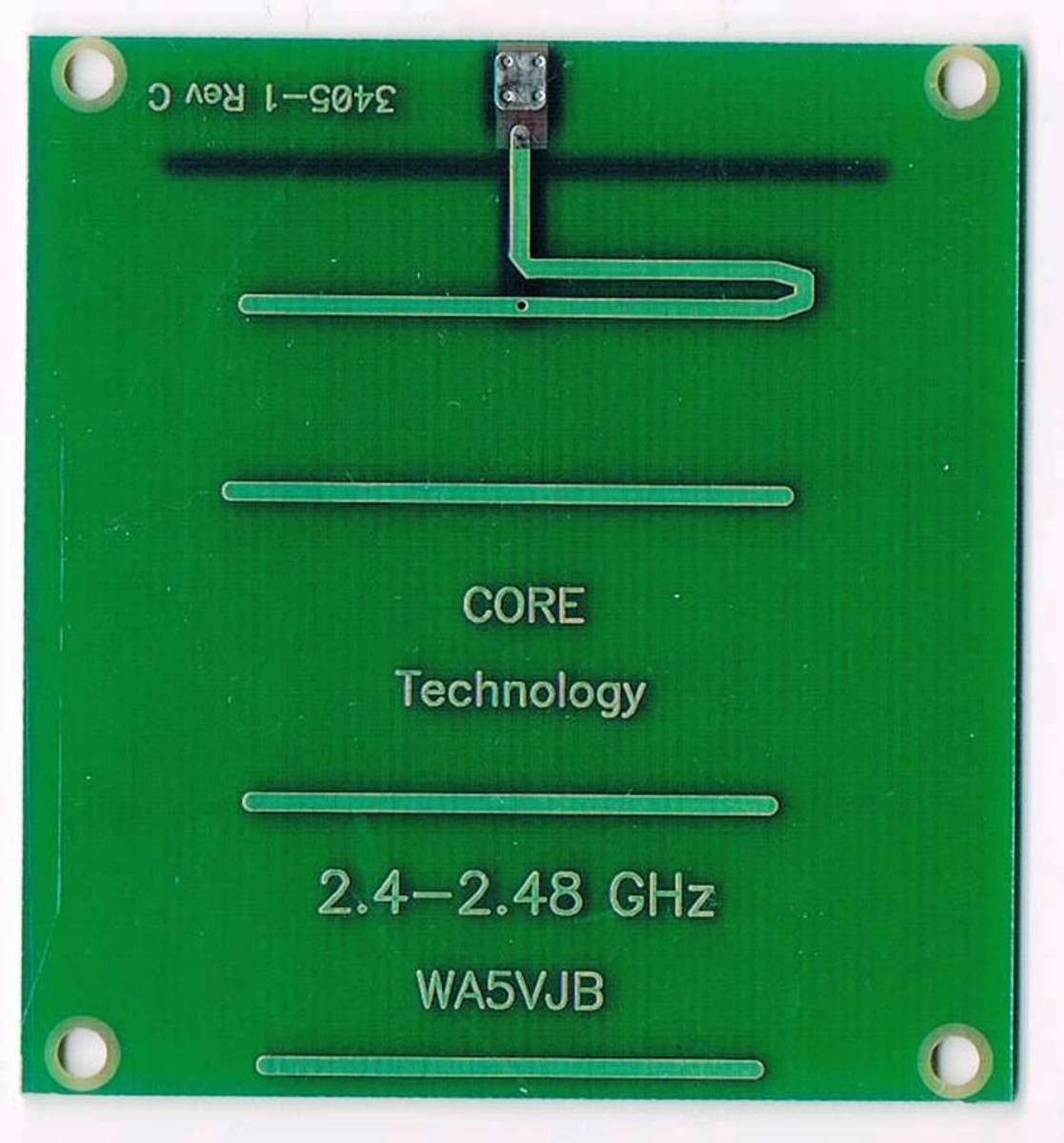Prevent and Avoid Globe Nakaw Load

What is Globe Nakaw Load?
Globe Nakaw Load is the term coined by Globe Telecom subscribers when their prepaid load (otherwise known as prepaid credits) was apparently deducted or somehow went missing without their knowledge or consent.
Subscribers would claim that they are victims, that their prepaid balance went down even though they didn't send out any text message, did not made any calls, or did not register to any promo.
Naturally, since their load balance was reduced without them knowing, these subscribers would then accuse Globe Telecom (the network operator) as stealing (nakaw in local dialect) their prepaid load. Some scenarios are so bad that certain subscribers claim that their entire prepaid credits have been eaten up.
Is Nakaw Load True or Intentional?
Upon reading numerous Nakaw Load horror stories, one can understand the frustration of a subscriber. No one really likes it when they mysteriously miss something – in this case, their prepaid load was reduced or simply just vanish into thin air.
But the question is, are the accusations true – Does Globe Telecom steals from their subscribers? (Local translation: ninanakawan ba talaga ng Globe ang kanilang customers?)
Of course, the answer to the question is – highly UNlikely! Obviously, being the number one mobile network operator in the Philippines, it is unlikely that the company (Globe Telecom) would do something to tarnish their reputation that would eventually affect their business and ranking.

Causes of Nakaw Load
If Globe Telecom is not the culprit regarding missing prepaid credits, why then are there numerous reports by so-called Nakaw Load victims (subscribers) that their load has been deducted without their knowledge (or in their own words – "stolen")
To go deeper to the issue, it is important to note that there are different possible reasons for prepaid credits to be used aside from the regular text messaging fee, making calls, or registering to a promo.
Listed and discussed below are some ways on how a subscriber prepaid load will be deducted unknowingly. To put it simply, the information relayed below are some procedures on how prepaid credits will be inadvertently used.
Cause #1: Vampire Data Consumption (the usual cause of Nakaw Load)
This is just a fancy way on saying that when a consumer turned "ON" their mobile data, background apps will start to sync or communicate with their servers. Needless to say, the whole process of syncing and communicating will consume data – and will therefore eat up or charge prepaid credits.
Subscribers who are not aware of this would first to assume that they are victims of Nakaw Load. Unfortunately, what these consumers fail to realize is that this is beyond the telecom operator. The blame can somehow be put to the consumer for failing to understand the app's TOS (Terms of Service) before pressing that "I Agree / Accept" button. In most cases, the app's TOS will state, in a manner of speaking, that the app may consume data.
It doesn't matter if your data is time-based or volume (MB) based, if you are not subscribed to a data promo, your prepaid balance will be deducted by the regular rates of data consumption once you activated your mobile data.
However, the good news is, there are ways on how to prevent this unwanted data consumption – and it will be discussed later.
Cause #2: Unknown VAS Subscription
VAS (also known as Value Added Service) has come a long way from ring back tones, daily horoscope readings, and regular feed of celebrity news. Nowadays, technology has come to a point wherein subscribers will be inadvertently enrolled to a VAS service by simply providing information to a site or link they visited.
Surprising isn't it, well then, let's drill down further. Was there ever an instance wherein the site you visited or link you clicked (like a survey or a set of trivia questions) asked for some personal information, say your mobile number or email address, then at the end there's an agree / accept button? If you answered Yes and you received an SMS or email notification afterwards, it is possible that you have just been enrolled to a service. But the question is, did you give your consent? This is the part that gets blurry.
Anyway, even though It can be quite confusing sometimes, the bottom line is, when you are enrolled to a service, it usually requires a fee – and that fee can be taken away or charged from prepaid credits. If that happens, and the subscriber is not aware of it, the blame would of course befall again to the telecom operator and another victim of so-called Nakaw Load will surface.
Cause #3: Improper Promo Usage
This last cause of Nakaw Load is quite tricky and might be a little difficult to comprehend. So please bear with yours truly.
This last situation involves availing certain freebies or apps that are offered within another app. Selected readers may know this, but for those who don't, some app developers (particularly VPN providers) are in partnership with a telecom operator wherein their app or VPN can offer usage of other apps for a fee at a specified time frame.
For instance, a VPN app offers free Viber use for one hour. Interested users may avail the offer, but the catch is, they have to run Viber from the VPN app or must not close the VPN app while using Viber – closing or deactivating the VPN app and then running Viber may result to Nakaw Load.
Yes, it is quite hard to understand, but the gist is, VPN acts like a dedicated tunnel. If a subscriber availed the free Viber offer within the VPN app, and the VPN is running, the back-end network will know that it is the free offer. However, closing the VPN app, the network can no longer determine that it is the free offer and will have to charge the mobile device accordingly as it uses data communication.
If at this point, it is still confusing, just remember; if your prepaid load has been deducted; and you are not enrolled to any VAS; and have already disabled background processes from running – but did avail an app offer of sort within another app, the last one may be the culprit.
Luckily, just like the preceding Nakaw Load causes, this one also has a method on how to prevent Nakaw Load so be sure to read till the end.
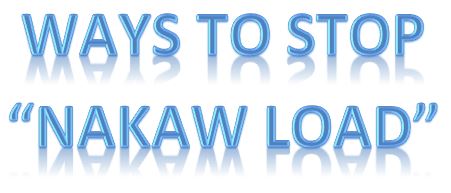
Now that it has been established that there is no such thing as Nakaw Load, it is important to remember the ways on how to prevent unwanted charging of prepaid credits.
1. Activate Surf Alert On
Thankfully, Globe Telecom has this awesome feature wherein it protects its subscribers from unwanted charging. The Surf Alert On feature is Globe's way to help its subscribers in preventing sneak seeding of mobile devices.
As mentioned, when a person turns on their unit's mobile data, some background process or apps will try to sync or communicate with its servers thereby consuming up prepaid credits. To avoid this, the Surf Alert On feature will not allow the device from using data services if the unit is not subscribed to an appropriate or sufficient data promo.
As good as it sounds, there is a caveat – when Surf Alert On is activated, the subscriber would not be able to access data services even though their mobile data is turned on and their prepaid wallet has enough credits.
But hey, that's a small price to pay when it comes to unwanted charging. Besides, data promotional offers are a lot cheaper compared to standard charging rates for data.
If you are decided to use this particular feature, simply text "Surf Alert On" (without the quotes) and send it to 8080. After doing so, you will then receive a SMS notification informing you that your Surf Alert is now activated. Below is a screenshot sample of this particular notification SMS.
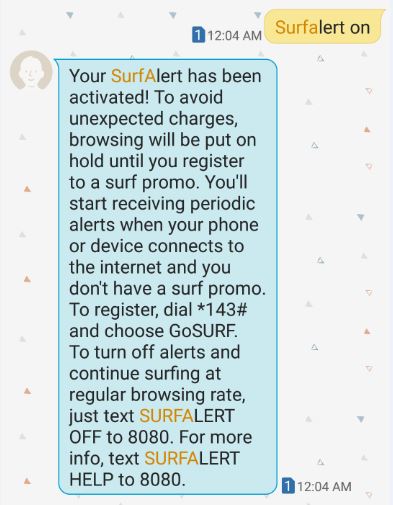
2. Opt out from unwanted VAS services
If you receive a text message from a 4-digit number or from a non-numeric sender, and the message appears like it is a service of sort – it is probably from a VAS service. If you are constantly receiving such text messages, and your prepaid load is being deducted every single time, It would be a good idea to stop the service if you are sure that you don't need it or let alone have not subscribed to it.
Fortunately, stopping such service is also relatively easy. Most of the time, these type of messages will also contain the instruction on how to stop the service – and in many cases it is as simple as texting "Stop" to a specific recipient (number).
3. Top Up only what you need and use a promo
To put it in simple terms, this means to load only what you need in order to register to a promo. Globe Telecom offers promo variations to fit the mobile lifestyle of their subscribers.
For instance, yours truly is a huge fan of Gotscombodd90. This particular promo includes 2GB of data, 2GB for videos and games, and unli text to all networks (yes folks even competitor ones). The offer costs 90 pesos (which is almost $2 USD) and is good for 7 days.
Basically, what I would do is to load only 90 pesos and then subscribe to Gotscombodd90. The promo will cover all my mobile needs and would deplete my prepaid balance to zero therefore giving me the peace of mind that it would be impossible for me to ever encounter any unwanted charges – that so called Nakaw Load.
Now some readers may wonder, what if I would need to make an emergency call? The promo is not call-inclusive and my wallet balance is kapoot. Thankfully, Globe Telecoms is the number one telecoms operator in the country – and as such, there are plenty of reloading channels available.
That's just about it. Be smart, don't be a victim of Nakaw Load, and follow the tips above.


